Understanding the Cost of Concrete Breakings
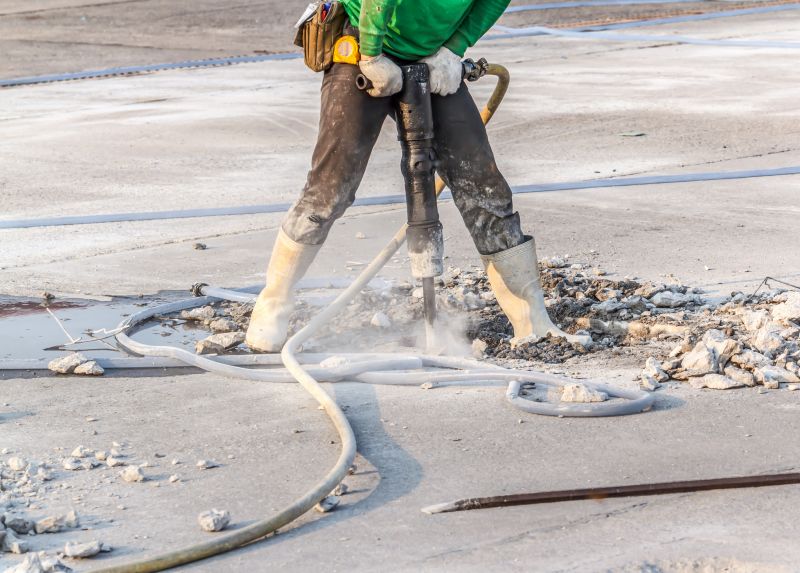
Thicker concrete requires more effort and resources to break, increasing costs.
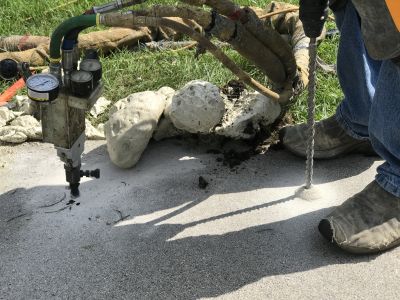
Hard-to-reach areas may incur additional labor and equipment charges.
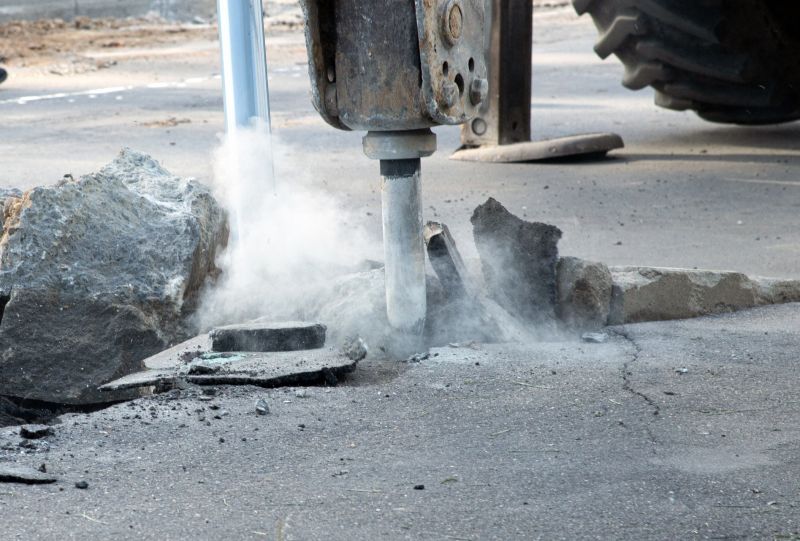
Denser concrete types demand specialized tools, affecting overall expenses.
| Factor | Impact on Cost |
|---|---|
| Concrete Thickness | Higher thickness increases labor and equipment costs. |
| Location Accessibility | Limited access raises labor time and equipment needs. |
| Concrete Density | Denser materials require specialized tools, raising costs. |
| Project Size | Larger projects may benefit from economies of scale. |
| Removal Method | Hydraulic breakers are more expensive but faster. |
| Disposal Requirements | Additional costs for debris removal and disposal. |
| Permitting | Permits can add to the overall project expenses. |
| Labor Rates | Higher local wages increase total costs. |
The cost of concrete breakings varies considerably based on project specifics. Typically, prices can range from moderate to high depending on the complexity, location, and materials involved. Accurate assessment requires considering all influencing factors to ensure a comprehensive budget estimate.
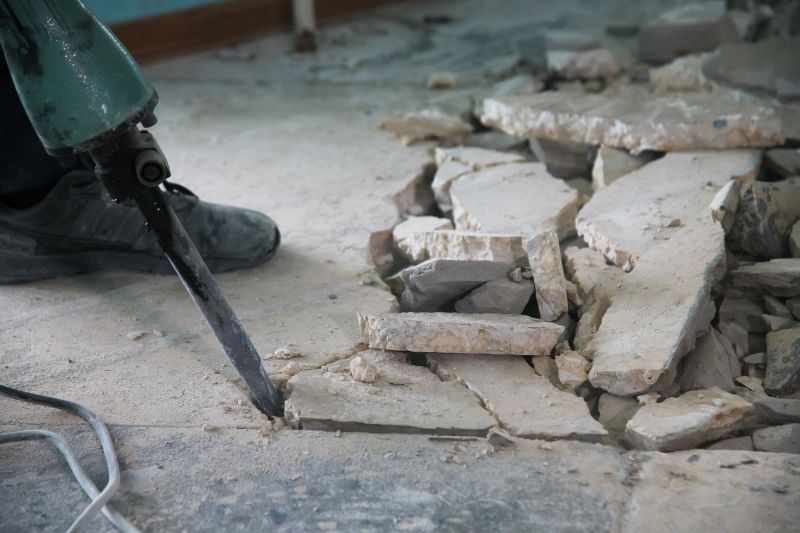
These tools offer rapid breaking capabilities but come with higher rental and operational costs.
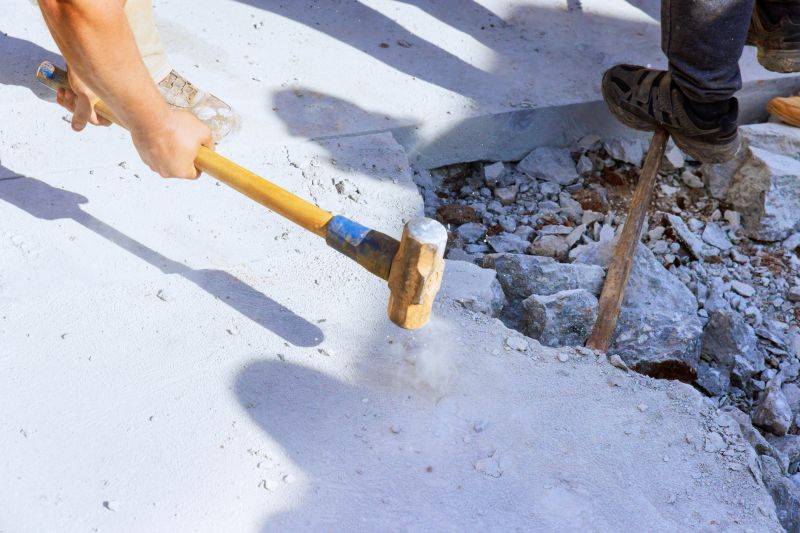
Less expensive but slower, suitable for smaller or less dense concrete sections.
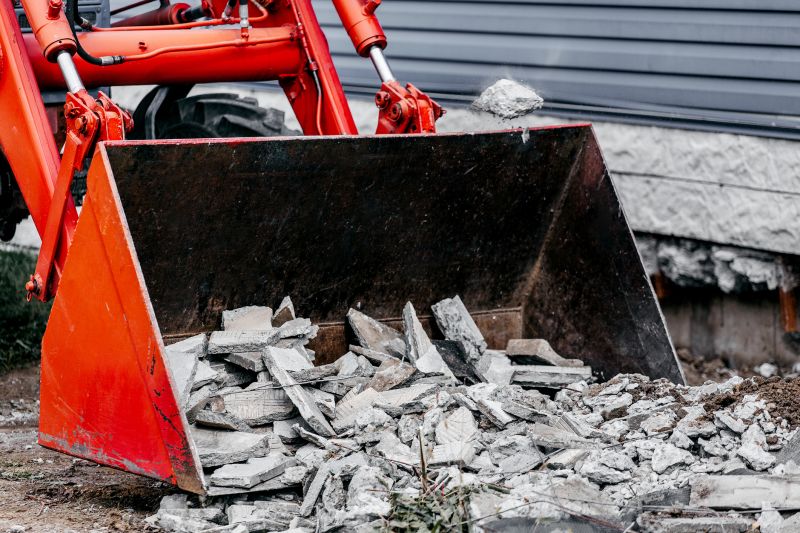
Cost varies based on debris volume and disposal site fees.
| Service | Average Price Range |
|---|---|
| Standard Concrete Breaking | $500 - $2,500 per project |
| Heavy-Duty Concrete Removal | $2,000 - $8,000 per project |
| Concrete Chipping | $300 - $1,200 per area |
| Asphalt Removal | $400 - $1,500 per project |
| Foundation Demolition | $3,000 - $15,000 per site |
| Slab Cutting | $200 - $800 per section |
| Core Drilling | $150 - $600 per hole |
| Surface Preparation | $250 - $1,000 per area |
| Debris Disposal | $100 - $500 depending on volume |
| Permitting and Inspection | $200 - $1,000 |
